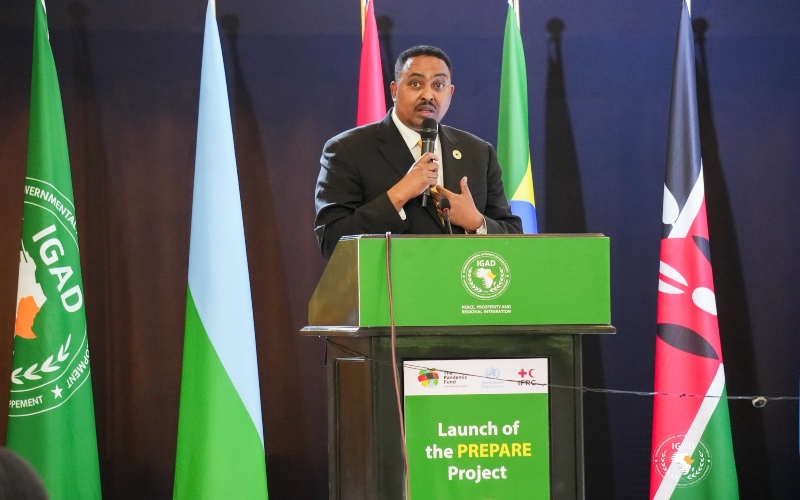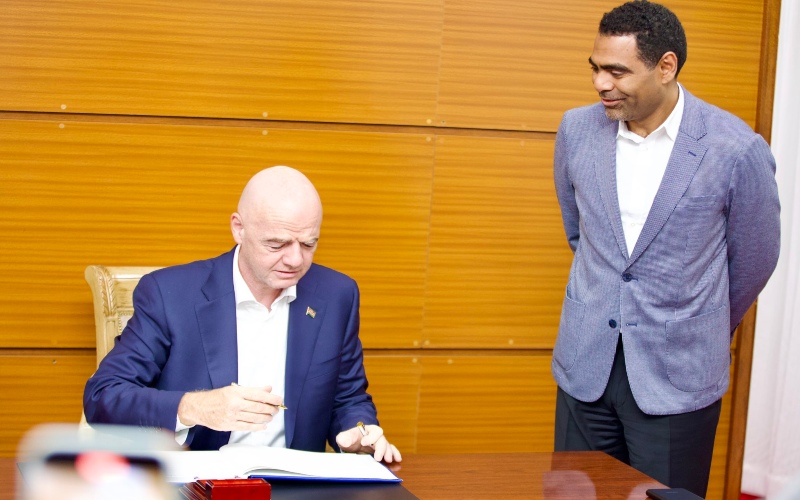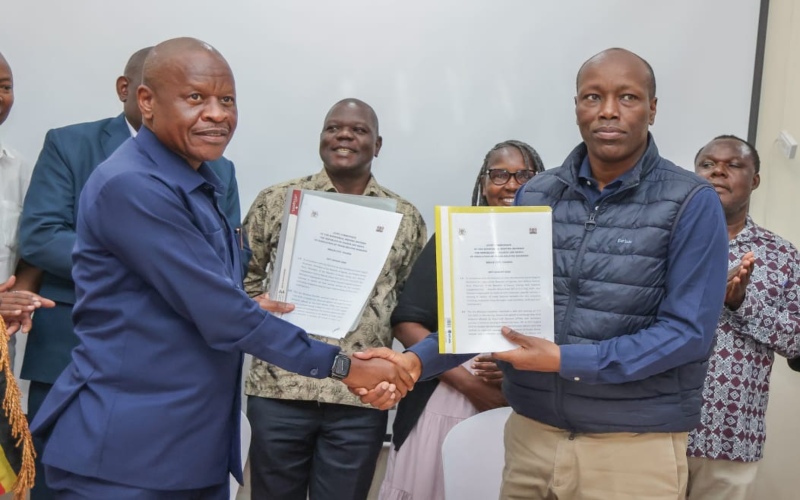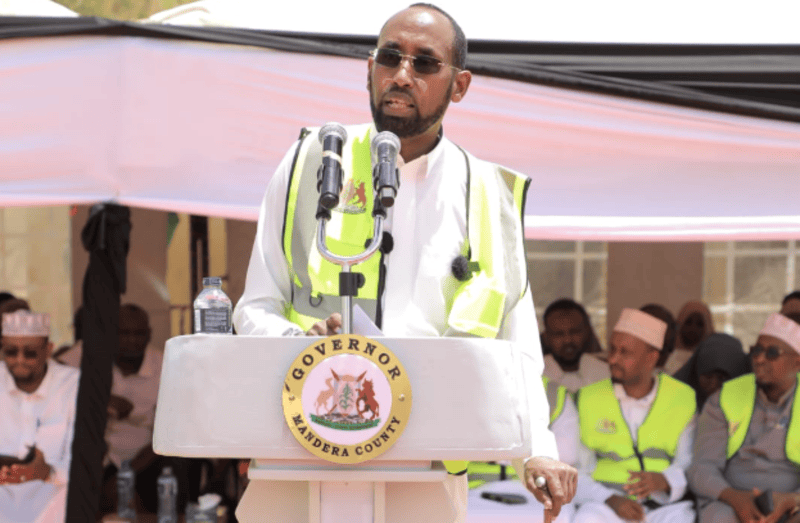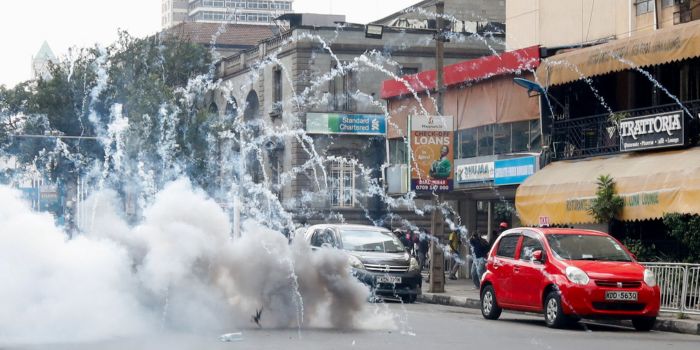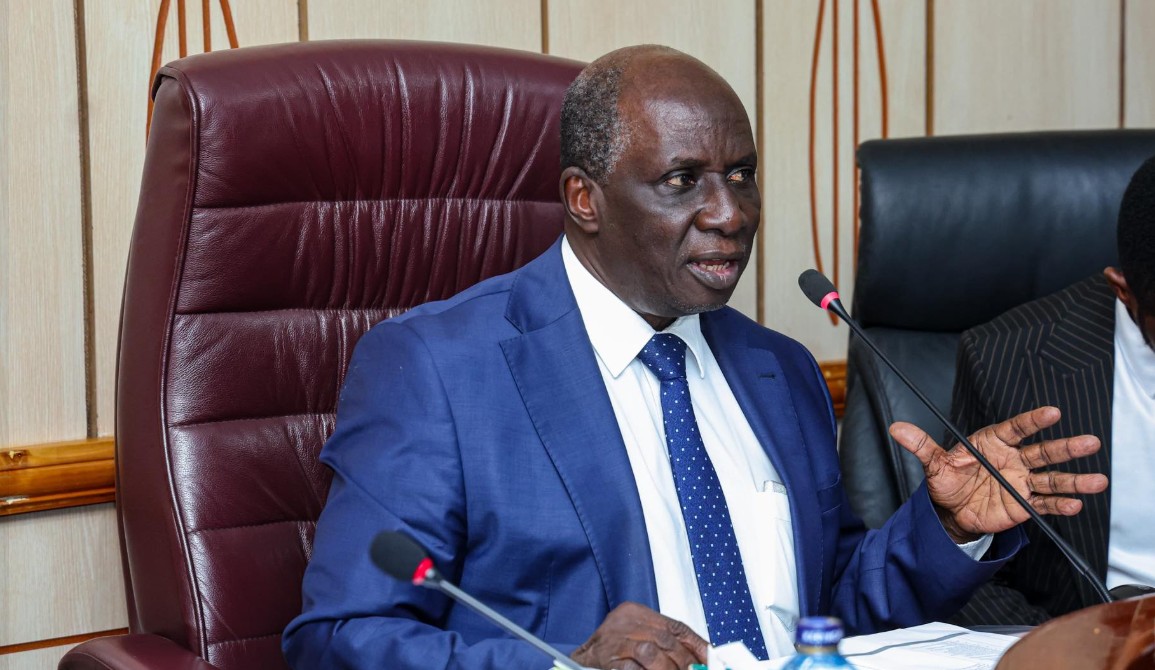Oparanya faults counties for SACCO liquidity crisis, says non-remittance crippling operations
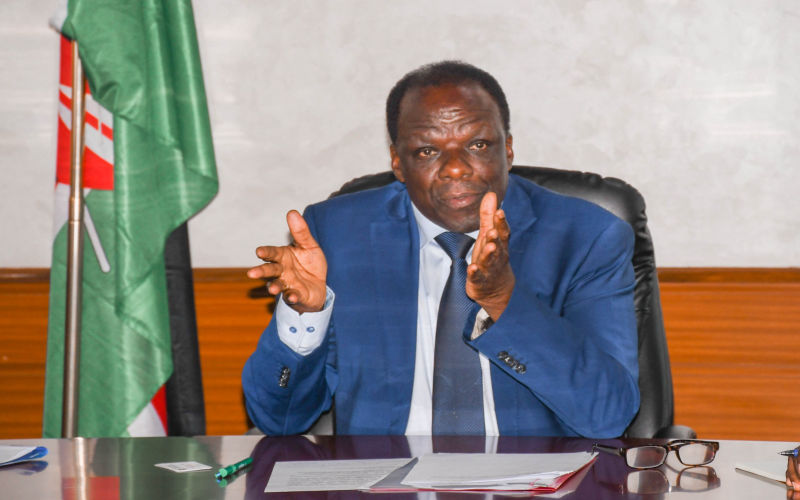
CS Wycliffe Oparanya said county administrations have withheld millions of shillings deducted from Sacco members, especially medical staff, plunging societies like Afya Sacco and Moi University Sacco into liquidity crises.
The government has faulted the failure of county governments to remit deducted contributions as the main reason behind the collapse of several Saccos across the country.
Appearing before the Senate on Wednesday, Cooperatives and MSMEs Development Cabinet Secretary Wycliffe Oparanya said county administrations have withheld millions of shillings deducted from Sacco members, especially medical staff, plunging societies like Afya Sacco and Moi University Sacco into liquidity crises.
More To Read
- Moi University lecturers demand Sh9 billion in arrears to end strike
- Moi University struggles with declining students' enrolment, unpaid salaries
- Moi University assures students of continuity amid looming UASU strike
- MSME census set to provide fresh data for targeted support, says Oparanya
- No direct evidence linking student to fake Ruto death post, data analyst says
- New Bill proposes deposit guarantee, liquidity regulation in SACCOs
“Most of these liquidity problems are occasioned by county governments because most of the members are medical staff who are devolved. Several county governments have deducted members’ dues, but they have not remitted them in millions,” Oparanya said.
“This has created liquidity problems for Saccos. This is what is affecting Moi University Sacco, Afya Sacco and others.”
He added that the issue of non-remittance is already addressed in the Cooperative Bill that is currently before the Senate and urged legislators to fast-track its passage to introduce legal consequences for employers who withhold Sacco deductions.
“I am happy that you have now noted how serious this matter is. When it comes to consideration, honourable members, I would request that you address this issue squarely in law. So those institutions that deduct money from Sacco but don’t remit it face serious action,” he said.
The CS also dismissed proposals for the state to bail out struggling Saccos, citing budgetary constraints.
“As a government, I would not go the route of injecting money into Saccos that collapsed because of limited resources,” he said.
Instead, Oparanya called for the strengthening of the Sacco Societies Regulatory Authority (SASRA), which he said operates in a similar role to the Central Bank of Kenya (CBK) but lacks sufficient capacity to monitor the sector effectively.
“SASRA has been underfunded, and it cannot carry out regular supervision. We want this sector to be self-regulating and self-sustainable,” he said.
To fix this, the Ministry is proposing that the levy collected from Saccos for supervisory functions be retained by SASRA, instead of being sent to the Treasury, a process he said causes unnecessary delays.
“Levy collected from Saccos for supervision purposes should be kept by SASRA. This money is collected by SASRA, and it has to be forwarded to the Treasury, which takes time to return it, and it is a levy, not a tax,” Oparanya said.
He noted that Treasury Cabinet Secretary John Mbadi is already handling the matter to resolve the delays and ensure funds are available for oversight.
Top Stories Today


